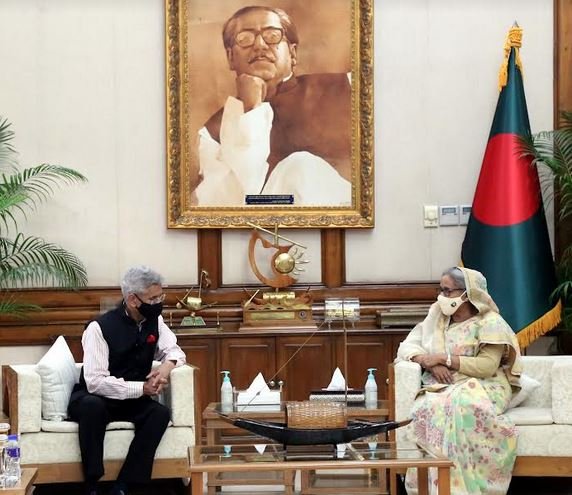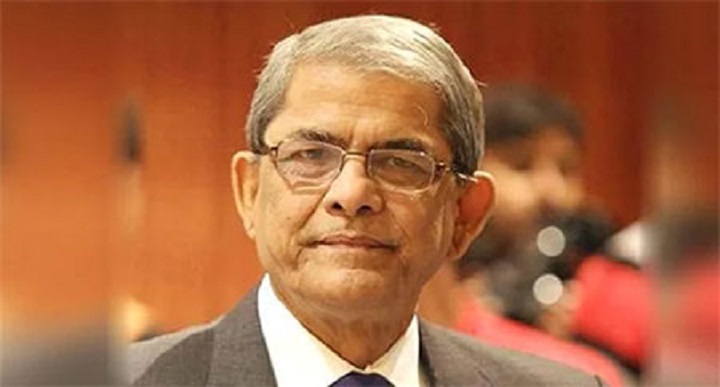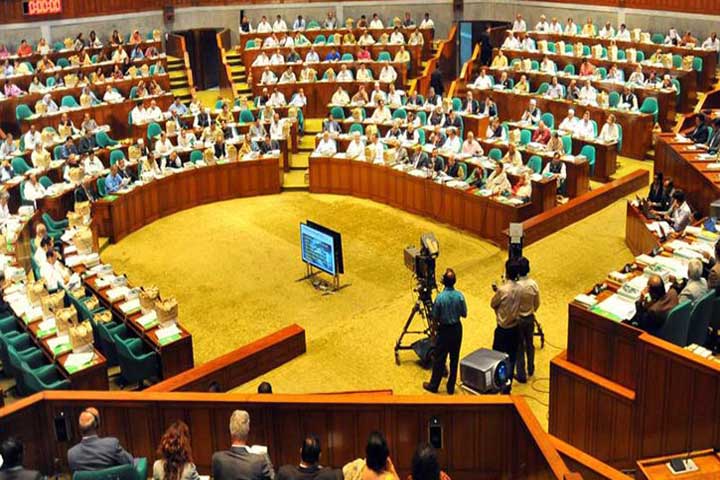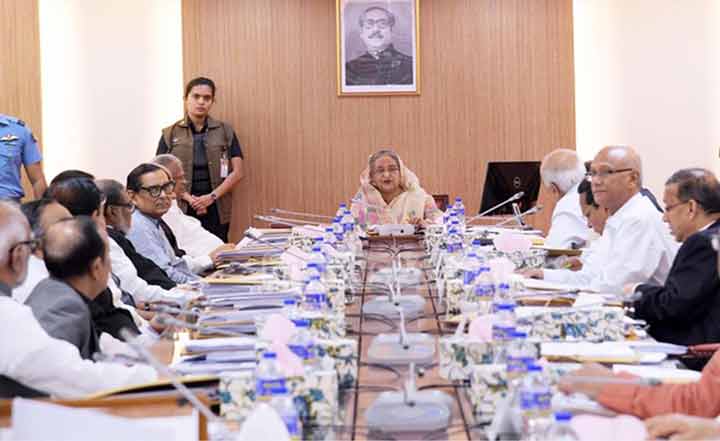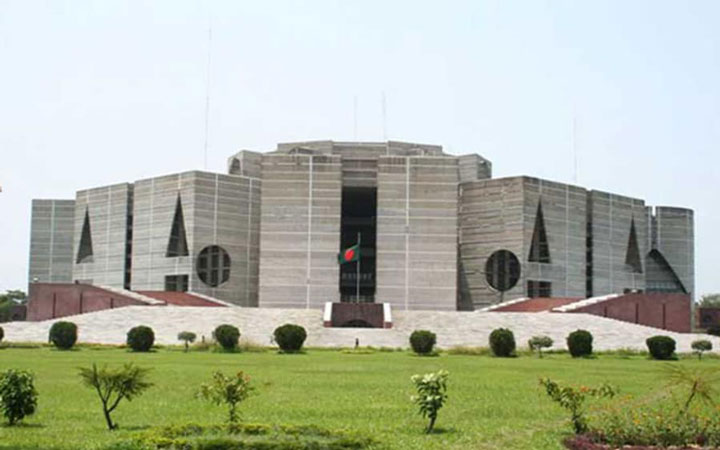China Increasing Digital Surveillance of Tibetans
A new report by Tibetan activist groups and experts shows new evidence that the Chinese government is increasing digital surveillance of Tibetans through practices such as the mandatory installation of apps at police checkpoints or utilizing big data policing platforms supported by technologies from American tech firms.
Some analysts say these new findings provide a glimpse into Beijing’s security apparatus in Tibet. “The Chinese government’s apparatus in Tibet remains a black box in nature, but this report provides [the outside world] with a glimpse into how these systems work,” Greg Walton, senior investigator at U.K.-based security consulting firm Secdev Group and one of the report’s authors, told VOA by phone.
The report from Tibet Watch and a Tibet-focused research network called Turquoise Roof found that authorities have been asking residents in Tibet to install an app called “National Anti-Fraud Center” on their smartphones since 2021.
According to some testimonies from Tibetans, police would routinely ask residents to install the security application on their smartphones at checkpoints while local authorities have been teaching the public how to download and use the app. Some Tibetans have expressed concern that the app may be used to track their movements and potentially access data on their phones.
“It looks like a surveillance app that tracks not only our movement but also has built-in automatic voice recording and photo-sharing functionalities,” an unnamed Tibetan man told Tibet Watch in 2023, according to the report.
Based on their analysis of the app, the report found that permissions that the app asked for from smartphone users could allow app operators to access sensitive user data or have control over certain device functionalities.
The report said the broad scope of permissions could let authorities conduct highly invasive surveillance, which is in line with measures that Chinese authorities typically use in regions like Tibet and Xinjiang to maintain public order.
“Our analysis suggests that data controlled by the Anti-Fraud app could connect into wider systems operated by the Criminal Investigation Bureau [and] the mandatory installation of the app at police checkpoints could serve as a platform for harvesting a dataset used for monitoring and controlling the population, particularly in suppressing dissent and cultural expression,” the report wrote.
In addition to the forced installation of the anti-fraud app, the report also investigated a big data policing platform used by Tibetan authorities called “‘Tibet Underworld Criminal Integrated Intelligence Application Platform.”
Their analysis of government procurement notices suggests the platform, which is developed on top of technology originating from American tech company Oracle, combines data from several Public Security Bureau systems in Tibet and is an instrumental part of Chinese authorities’ campaign to criminalize moderate cultural and religious expressions or language rights advocacy.
“The platform is presented as being designed to enhance the efficiency and effectiveness of law enforcement in Tibet,” the report wrote, adding that the platform can only be accessed through the Public Security Bureau’s internal network and authorities urge contractors to “replace the Oracle database” with a Chinese equivalent.
Walton from Secdev Group told VOA that the evidence suggests Chinese authorities’ law enforcement measures in Tibet are “more invasive” than the measures used in other parts of China. “The big data systems use machine learning to track Tibetans’ kinship networks or analyze their social networks to surface what the Chinese party-state defines as organized crimes,” he said.
Since the big data policing platform is built on top of technologies from Oracle, Walton thinks foreign companies have clear responsibilities to ensure their products are not used to assist the Chinese government’s effort to crack down on civilians or ethnic minorities.
“Human rights organizations have made clear the negative impacts that [big data policing system] driven by software sold by Oracle, [so] I think these companies should do human rights impact assessments to see what impact their software will have [when it’s used for policing purposes in China,]” he said.
Oracle did not respond to VOA’s requests for comment.
The report says that the Chinese authorities’ aim of using big data policing platforms in both Tibet and Xinjiang is to achieve “control and suppression through intelligence-led policing. Some researchers say the Chinese government’s crackdown on ethnic minorities is part of its overall effort to build up a “totalitarian social control state.”
“The Chinese government is developing these more modern social control mechanisms that are supposed to make all aspects of society controllable,” Maya Wang, Interim China Director at Human Rights Watch, told VOA by phone.
“Since the ethnic groups are at the short end of the Chinese state repression and social control when the surveillance systems are running in the background in Tibet or Xinjiang, they are also vetting people, and those who are considered politically unreliable are held in re-education camps or prisons,” she added.
In response to the report’s claim that Beijing is increasing digital surveillance on Tibetans, the Chinese embassy in the U.S. described the finding as “groundless accusations.”
“China is a country under the rule of law, and the privacy of Chinese citizens is fully protected by law, regardless of their ethnicity,” Liu Peng-yu, the spokesperson of the Chinese embassy in the United States, told VOA in a written response.
As Beijing increases its control over Tibet through digital surveillance, the report said these efforts are changing the way that Tibetans communicate and are creating a society-wide chilling effect across the region. “In many cases, this trend leads to a complete breakdown of contact,” the report said.
Some Tibetan activists say the digital surveillance architecture that the Chinese government is trying to “perfect” in the region will create a deep psychological impact on local residents, forcing them to practice self-censorship.
“Tibetans will be even more careful with what they say or what they write on their phones,” Tenzin Choekyi, a senior researcher at Tibet Watch, told VOA by phone, adding that communication between Tibetans in China and the diaspora community will likely become more difficult to maintain.
Source: VOA
10 Feb 2024,18:54
















 Live Tv
Live Tv



